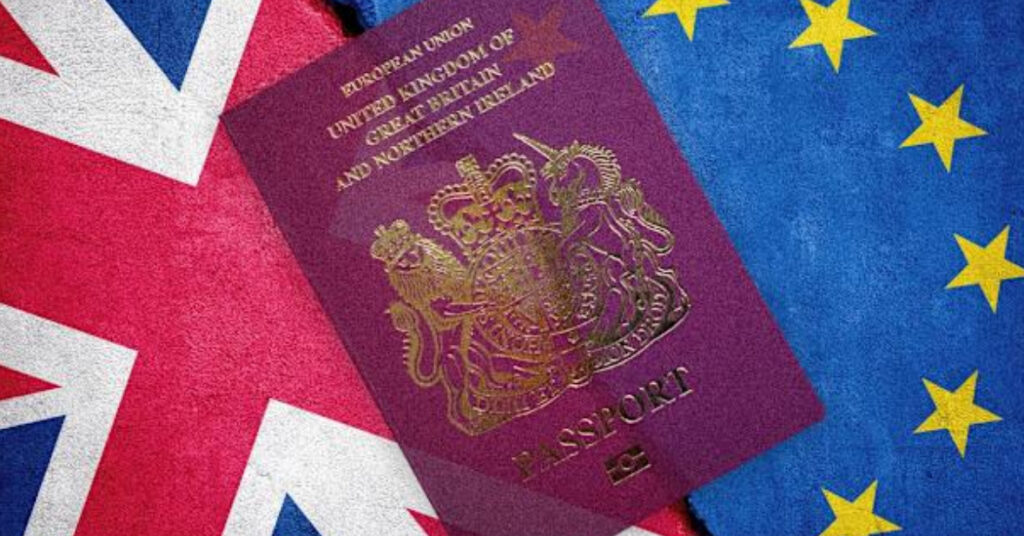The German ambassador to the UK has expressed confidence that a post-Brexit youth mobility agreement could still be reached, even as the British government sends mixed signals on the issue.
Miguel Berger, speaking on BBC Radio 4’s Today programme, said he was “really optimistic” that a youth visa deal would be agreed, noting that negotiations are “moving in a good direction.”
His comments come amid apparent disarray within the UK government. Cabinet Office minister Nick Thomas-Symonds dismissed suggestions of a new youth mobility scheme with the EU on Thursday, stating it was “not part of our plans.”
The following day, Environment Secretary Steve Reed doubled down, assuring that any arrangement would not amount to a return of “freedom of movement” – a red line for Labour and a major factor in the 2016 Brexit vote.
Despite this, there are signs of a more nuanced stance emerging from Downing Street. A spokesperson for No 10 emphasised that the UK would not be “defined by the debates and arguments of the past” and reiterated that closer cooperation with Europe could still benefit “British people and British business.”
The Home Office, reportedly concerned about already high migration figures, is said to be considering a “one in, one out” approach to manage any such scheme.
The government is also facing growing internal pressure. More than 60 Labour backbench MPs, along with 11 peers, have written to Thomas-Symonds urging the adoption of a “bespoke youth visa scheme” for UK and EU citizens under 30.
The proposed system would mirror existing UK agreements with countries like Australia and Canada, incorporating both time limits and a cap on the number of participants.
Labour’s 2024 manifesto maintains a firm stance, pledging no return to the EU single market, customs union, or freedom of movement.
However, former senior civil servant Philip Rycroft, who led the Department for Exiting the European Union, criticised the government’s refusal to initially consider youth mobility, calling it a “tactical mistake.” He warned that any eventual deal may now appear as a political U-turn.


